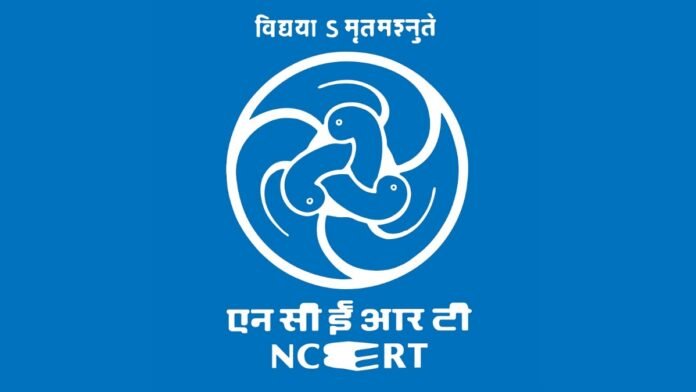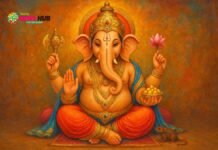
Key Points
- NCERT’s latest Class 8 social science textbook, “Exploring Society: India and Beyond,” introduces major changes to the narrative on Mughal rulers and Indian history.
- Babur is depicted as a “ruthless conqueror,” Akbar as “both cruel and tolerant,” and Aurangzeb as a “religiously intolerant military ruler.”
- For the first time, extensive coverage is given to the resistance and struggles of figures like Rani Durgavati, Shivaji, Maharana Pratap, and others.
- New approach encourages critical thinking and objective analysis, discouraging judgments based on present-day values.
- NCERT clarifies that the changes aim for a balanced, fact-based history and are not meant to demonize any religion or community.
New Delhi: In a significant move that is likely to spark national discussion, the National Council of Educational Research and Training (NCERT) has introduced its new Class 8 social science textbook “Exploring Society: India and Beyond” with sweeping revisions to the portrayal of Mughal emperors and the era’s resistance movements.
Major Shifts in Mughal Portrayals
Unlike previous editions that primarily emphasized the accomplishments and administrative reforms of the Mughals, the new textbook openly confronts their controversial actions and decisions:
- Babur is now described as a “ruthless invader” whose conquests led to mass killings in Indian cities.
- Akbar, once predominantly celebrated as a symbol of tolerance, is depicted with nuance—highlighting both his ordered massacre of 30,000 at Chittorgarh and his partial inclusion of non-Muslims in administration.
- Aurangzeb is detailed as a “religiously intolerant military ruler” for his temple and gurudwara destructions and re-imposition of Jaziya tax on non-Muslims.
Resistance and Local Heroes Take Center Stage
- For the first time, the text devotes major sections to prominent resistors like Rani Durgavati, Maharana Pratap, Tarabai, Ahilyabai Holkar, Shivaji, Jat farmers, Bhils, and the Ahom kings.
- Chhatrapati Shivaji Maharaj is highlighted not just as a master strategist but also as a ruler with a secular perspective who restored numerous temples.
Balanced, Critical Historical Approach
The new book, developed under the National Curriculum Framework for School Education (NCFSE 2023), encourages students to analyze history without present-day biases. The opening chapters caution students against judging the past solely by modern values, stressing the importance of impartial understanding and rational thought.
Michel Danino, an academic adviser for NCERT, explained:
“This book is not meant to demonize any religion or race, but to ensure students see all sides of history good and bad.”
Union Minister of State B.L. Verma echoed this sentiment, stating,
“The new generation should know the true and full picture of India’s history.”
Why This Matters
- The changes are part of a broader curriculum overhaul aiming to make history textbooks more inclusive and factual.
- The fresh focus on both Mughal criticisms and resistance narratives aligns with ongoing debates over historical representation in Indian educational content.
- By highlighting both the diversity of India and the multiplicity of historical experiences including the struggles against imperial powers NCERT aims to foster a deeper, more critical engagement with the nation’s past.
Next Steps and Reactions
The rollout of “Exploring Society: India and Beyond” for the 2025-26 academic year is expected to reach millions of students. While some educators and scholars are hailing the update for its breadth and critical tone, others anticipate fresh debates on objectivity and historical interpretation.
For now, India’s students will encounter a history curriculum that asks tougher questions about its emperors, while finally giving India’s resistance leaders a starring role in the story of the nation.















































